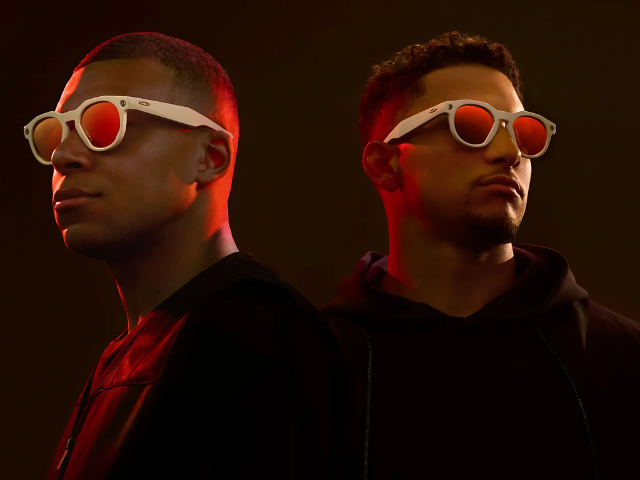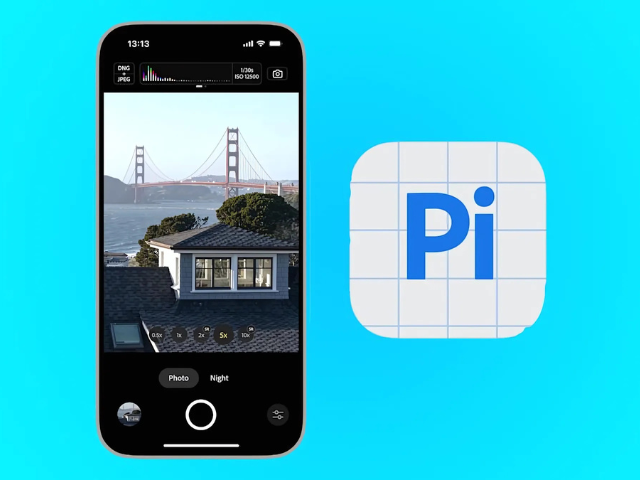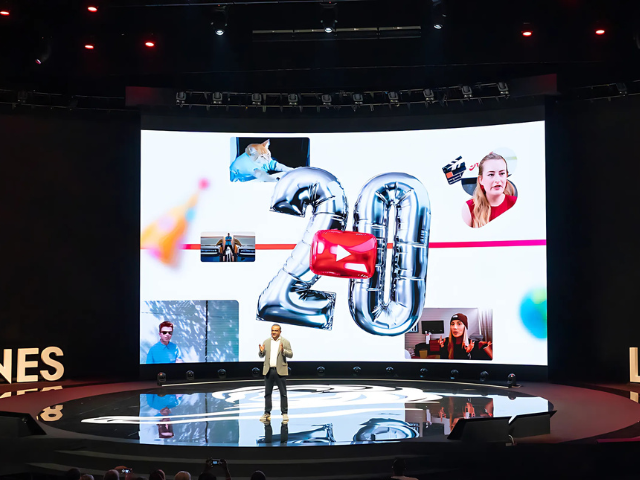Meta has announced its first pair of smart glasses in partnership with Oakley, marking a new step in its ambition to lead the wearable tech space.
The limited-edition Oakley Meta HSTN model, announced by Meta, debuts at $499, with a broader release of Oakley-branded models starting at $399 later this summer.
The glasses come equipped with a front-facing 3K camera — an upgrade from the 1080p resolution found in Meta’s Ray-Ban smart glasses — and boast a battery life of up to eight hours.
A companion charging case can provide an additional 48 hours of power. Meta says the glasses are tailored for active lifestyles, supported by their IPX4 water resistance rating and sport-focused Oakley frame designs.
Like Meta’s previous smart glasses, the Oakley HSTN includes open-ear speakers, built-in microphones, and integration with Meta AI, which allows users to capture photos and videos, play music, conduct hands-free calls, and receive real-time information about their surroundings.
The glasses also offer translation capabilities and can answer queries based on what the wearer sees — blending AI with everyday functionality.
Meta is positioning the Oakley line as its entry into the performance and athletics category, diverging from the more lifestyle-focused Ray-Ban series.
To further demonstrate its focus on athletics, Meta recruited French football star Kylian Mbappé as part of its launch campaign.
Five colour and lens combinations are available, including prescription-compatible options.
The premium model, available for preorder starting 11 July, features gold detailing and Oakley’s signature PRIZM lenses.
The launch follows Meta’s extended partnership with EssilorLuxottica, the parent company of both Ray-Ban and Oakley.
Over two million Meta Ray-Ban smart glasses have been sold to date, and the companies now aim to reach 10 million annual smart glasses sales by 2026.
While Meta leads the current market, competition is mounting. Google has showcased XR glasses with built-in displays, and Apple is widely believed to be developing similar wearable tech. Still, Meta hopes to stay ahead by embedding AI into daily experiences.
“This is our first step into the performance category,” said Alex Himel, Meta’s head of wearables. “There’s more to come.”






